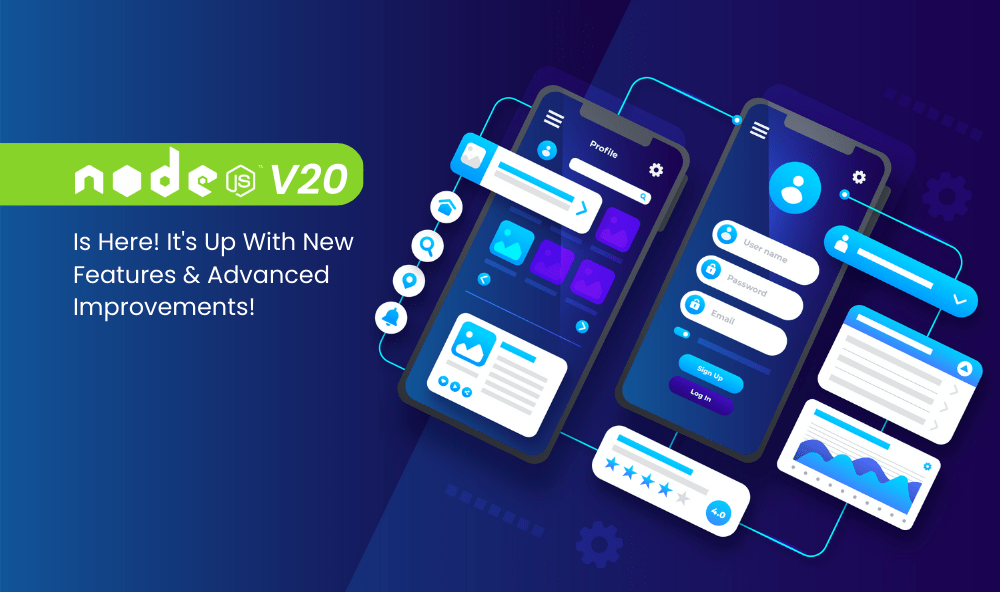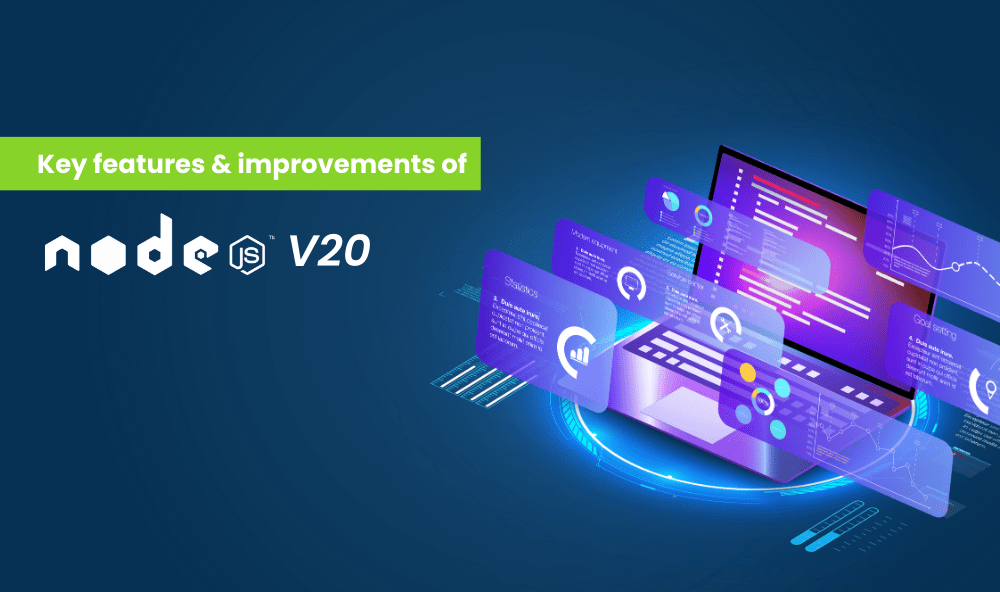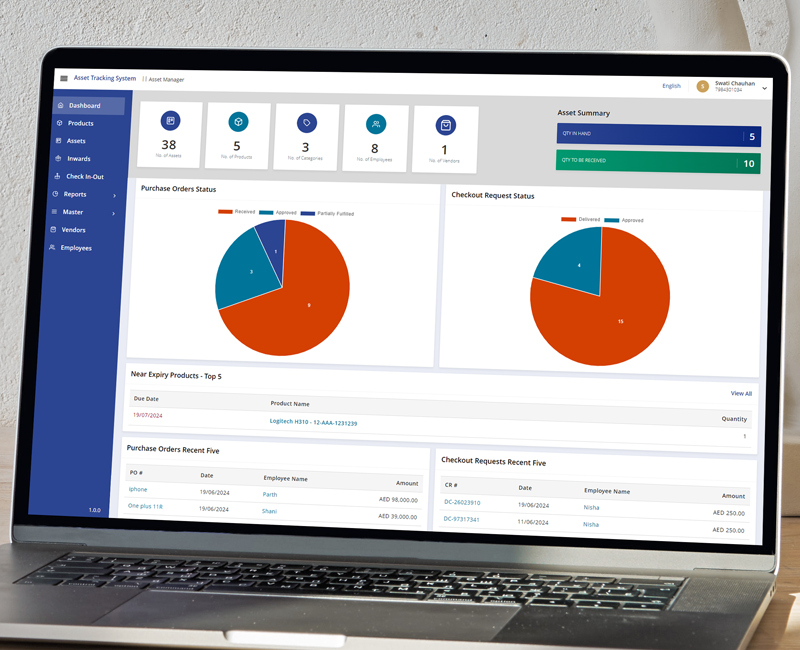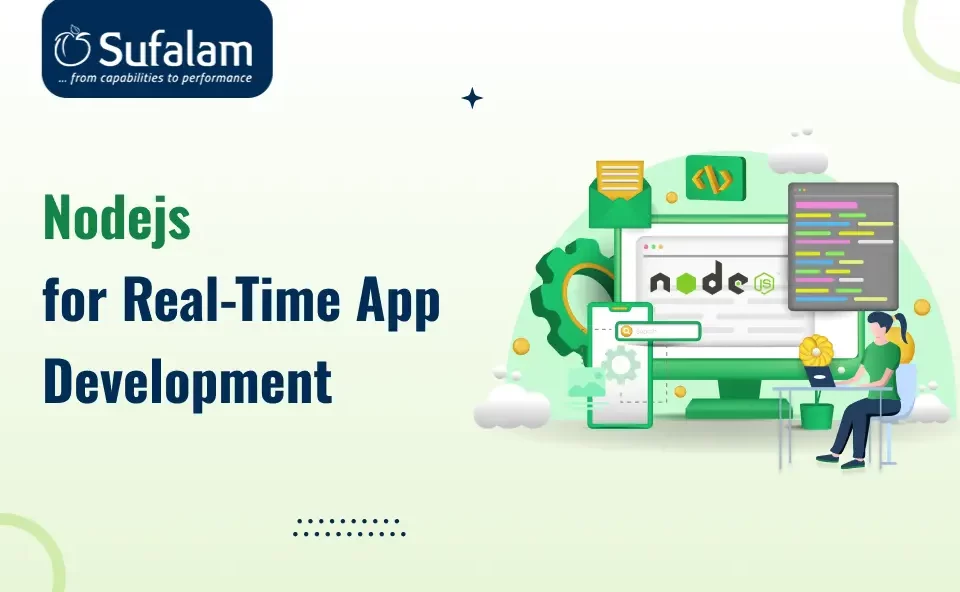
Nodejs is back again with its latest release and a new set of advanced functionalities.
Now is the perfect opportunity for all Node.js developers to experiment with the most recent version that has been released. Node.js launched Node.js 20 on April 18, 2023.
With Nodejs v20 features and the latest improvements, this framework has brought the developer community to a whole new level of enthusiasm.
With the new version, developers can expect improvements in Node Js performance, security, scalability, and a range of new Node Js features to make building web applications easier and more efficient.
In this latest release, Node.js continues to innovate and evolve, solidifying its position as one of the essential technologies for Node.js development.
Let’s find out more about the Node Js and its recently introduced Node Js features, keep reading!
More about Nodejs v20!
The popular JavaScript runtime environment’s most recent version, Node 20, is brimming with intriguing new features. Node v20 will be upgraded to Long-Term Support, or LTS, in October 2023 and will continue to receive support until April 2026, but up until that point, it will be the “Current” release for the following six months as long as the Node community adheres to the event norms.
However, the Node.js team requires assistance from the Node.js development community to test it, find any flaws, solve them, and provide feedback to provide an effortless experience for developers before the final version of Node.js 20 is promoted to LTS.
The developer community is eager to use Node.js 20 in their projects and learn more thanks to all these exciting new Nodejs features.
Let’s find out more about it!
Key features & improvements of Nodejs v20!

Nodejs Performance Enhancements
Node.js 20 outperforms prior versions in terms of performance, with better support for contemporary JavaScript capabilities as well as quicker startup times.
The team has added some amazing Nodejs performance improvements with the new version. Since the most recent significant launch, the newly established Node.js Performance team has concentrated on performance improvements. Additionally, Node 20 has made a number of improvements to the core components of the runtime.
All subsystems employing Even Target can be accessed more quickly and at a reduced cost of half. Additionally, the V8 Fast API calls offer enhanced timer and API speed.
Single Executable Apps
The “Single Executable Apps” feature allows an application and every one of its prerequisites to be packaged as a single, independent executable file that can be launched without deployment or further requirements.
And Nodejs v20 recently included the Single Executable Apps functionality. This new feature of Node v20 – Single Executable Apps – allows you to distribute Node.js application systems without downloading Node.js.
The functionality really creates a binary version of your product for distribution. Microsoft is a member of the OpenJS Foundation and is looking into it as a way to lessen vector assaults. In fact, this enhances the Nodejs performance design.
Permission Model
An experimental Permission Model is one of Node.js 20’s noteworthy features. Its development lasted more than nine months, and its goal was to make the Node.js app more secure.
Additionally, it offers regulated access to particular resources while running a program. The Node.js Permission Model is an innovative framework for controlling access to certain resources during operation.
The Node.js Permission Model’s initial release includes a number of capabilities that improve security and protection. Developers must enable experimental permission (-experimental-permission) to use this functionality, which limits access to all other permissions.
Synchronous import. Meta. resolve
Scripts can be easily created without concern for their precise position or the import options for a web app using import.
This function’s synchronous return will be consistent with how a browser operates. Despite its functionality, the user loader solve hooks, which is still referred to as an async method, continues to return the synchronous code for the application, independent of the loading of async resolve hooks.
Web Crypto API
With regard to other JavaScript environments, the project aims to be compatible. For instance, exactly like other Web Crypto API executions, Node.js 20 now pushes and validates the arguments for Web Crypto API functions in line with their WebIDL requirements. Additionally, this improves the Web Crypto API’s compatibility with other solutions.
Official support for ARM64 Windows
Stefan Stojanovic’s suggestions led to the promotion of ARM64 Windows to tier 2 compatibility. As a result, Node v20 now has ARM64 Windows binaries, enabling native platform processing.
The Node.js downloading page offers access to the MSI, zip/7z packages, and executable files, just as on various platforms.
Additionally, the CI system has been upgraded to allow for thorough testing on Windows for ARM64 architecture, eliminating regressions and guaranteeing compliance.
To conclude
So, here’s a wrap on recent updates to Nodejs v20 and its amazing features. With the above-written benefits, we can definitely notice that Node 20 brings a range of new and exciting updates to the table.
From performance improvements to better security capabilities, developers can expect to have a smoother and more efficient experience working with this runtime environment. With the new additions, Nodejs developers can write more concise and readable code and convert it to user-friendly applications.
Overall, Node.js continues to evolve and innovate, providing developers with a robust platform for building scalable, high-performance applications.
If you are looking to upgrade to the newer and better version of Node Js and anything on that matter, you can reach out to Sufalam Technologies – the leading Nodejs development company, and our experts can help you out!













